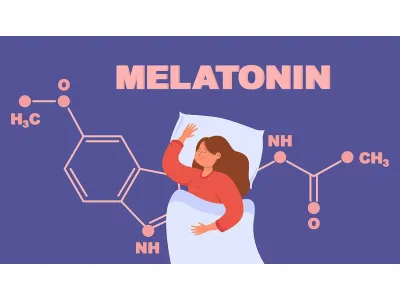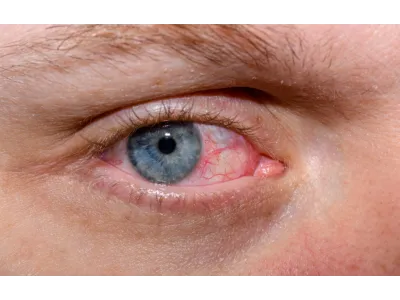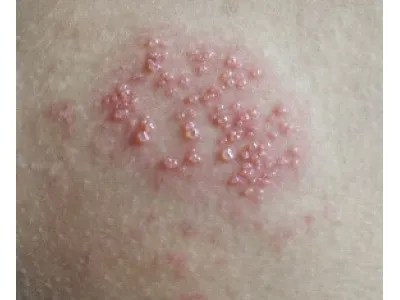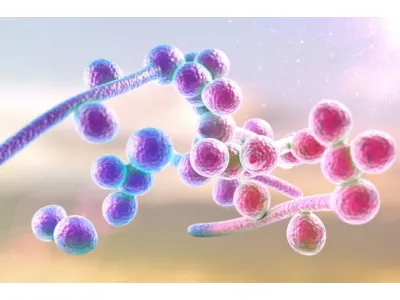Acetonemic syndrome

Acetonemic syndrome is a symptom complex that occurs in children with increased accumulation of ketone bodies in the blood - products of incomplete oxidation of fatty acids (β-hydroxybutyric acid, acetone, acetoacetate). This condition is caused by an increase in the level of uric acid in the child's body.
High levels of uric acid occur when the metabolism of purine bases is disrupted and can be caused by congenital metabolic disorders (primary acetonemic syndrome) and metabolic disorders due to certain diseases - diabetes mellitus, tumors and brain injuries, liver diseases and gastrointestinal tract organs (secondary acetonemic syndrome).
Primary acetonemic syndrome develops in children with congenital neuro-arthritic constitutional anomaly, which is characterized by a disorder of fat and carbohydrate metabolism, as a result of which a periodic increase in the level of ketone bodies in the blood (acetonemia) occurs, leading to abdominal pain, nausea, vomiting.
Neuro-arthritic constitutional anomaly (neuro-arthritic diathesis) manifests itself already in the first months of a child's life. Children usually lag behind in weight gain, they are thin, excitable, and have sleep disorders. In terms of neuropsychic development, such children are noticeably ahead of their peers - they start talking earlier, have a good memory and are good at learning, although they often show stubbornness and irascibility.
The first manifestations of acetonemic syndrome occur at the age of 2-3 years, reach their peak by 6-7 years and disappear by the beginning of puberty.
Children with neuro-arthritic diathesis often experience night pain in the joints, spastic abdominal pain, headaches, and allergic reactions. Older children often experience vegetative-vascular dystonia, astheno-neurotic syndrome, and pyelonephritis.
An acetonemic crisis manifests itself in the form of single or multiple vomiting, an increase in body temperature to 37-39 ° C, abdominal pain. Very often, the smell of acetone is felt from the mouth. The child is lethargic, sleepy, pale, with an unhealthy blush on the cheeks. Acetone test strips give a positive result.
An attack of uncontrollable vomiting can occur suddenly, but it is often preceded by a lack of appetite, lethargy (or, conversely, excitement), nausea, abdominal pain, headache, and the smell of acetone from the mouth.
Viral infections, psychoemotional stress, overeating, and unfamiliar foods with a high fat content can provoke the occurrence of an acetonemic crisis.
At the first signs of an acetonemic crisis, the child should be given fractional doses to drink, preferably alkaline mineral water. You can do a micro enema with an alkaline solution (1 teaspoon of soda per glass of water). In case of large fluid losses, rehydron is indicated. In any case, the child should receive a fluid volume of at least 100 ml/kg of body weight.
It is advisable not to feed the child on the first day after the attack; from the second day, carefully begin to give crackers, cookies, rice porridge, vegetable soup. Feedings are frequent and in small portions. Later, you can introduce buckwheat, oatmeal or wheat porridge, steamed cutlets, fish.
To prevent new attacks, first of all, it is necessary to follow a diet. Poultry products, veal, broths, canned food, smoked meats are contraindicated. Legumes, mushrooms, sorrel, tomatoes, tea, coffee, chocolate are limited. Preference is given to fermented milk products, eggs, potatoes, vegetables, fruits, whole grain cereals.










